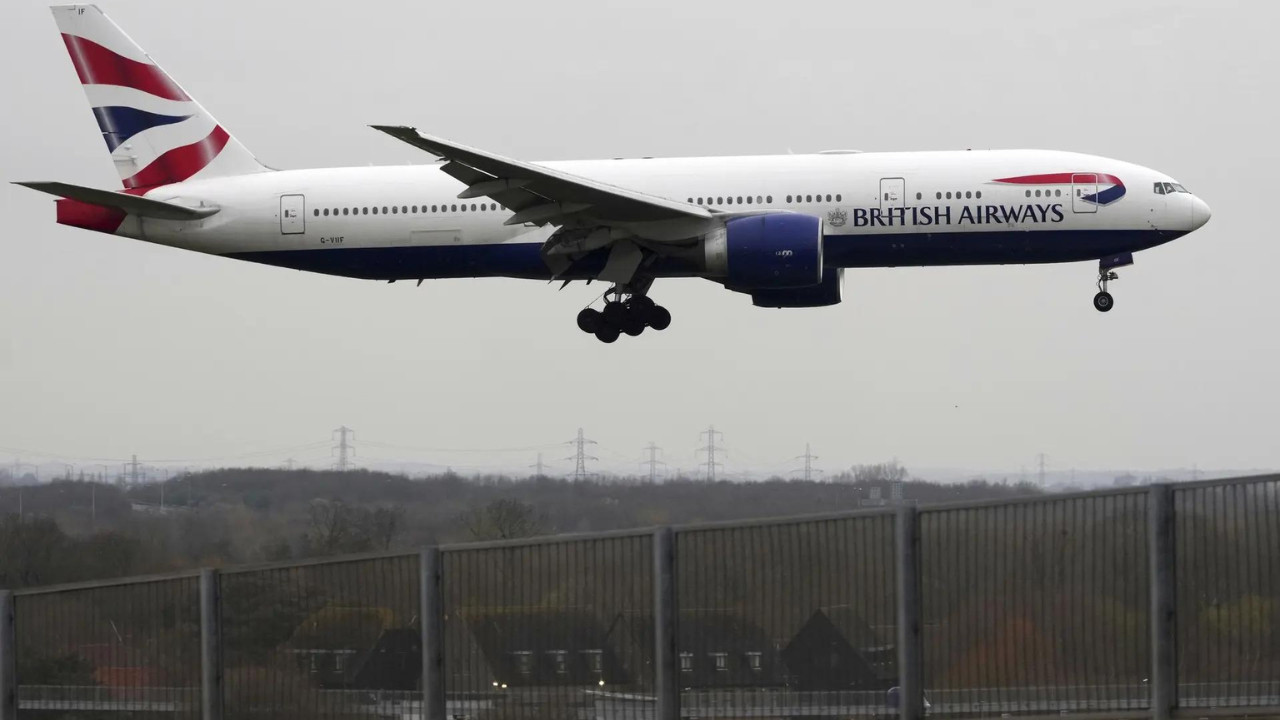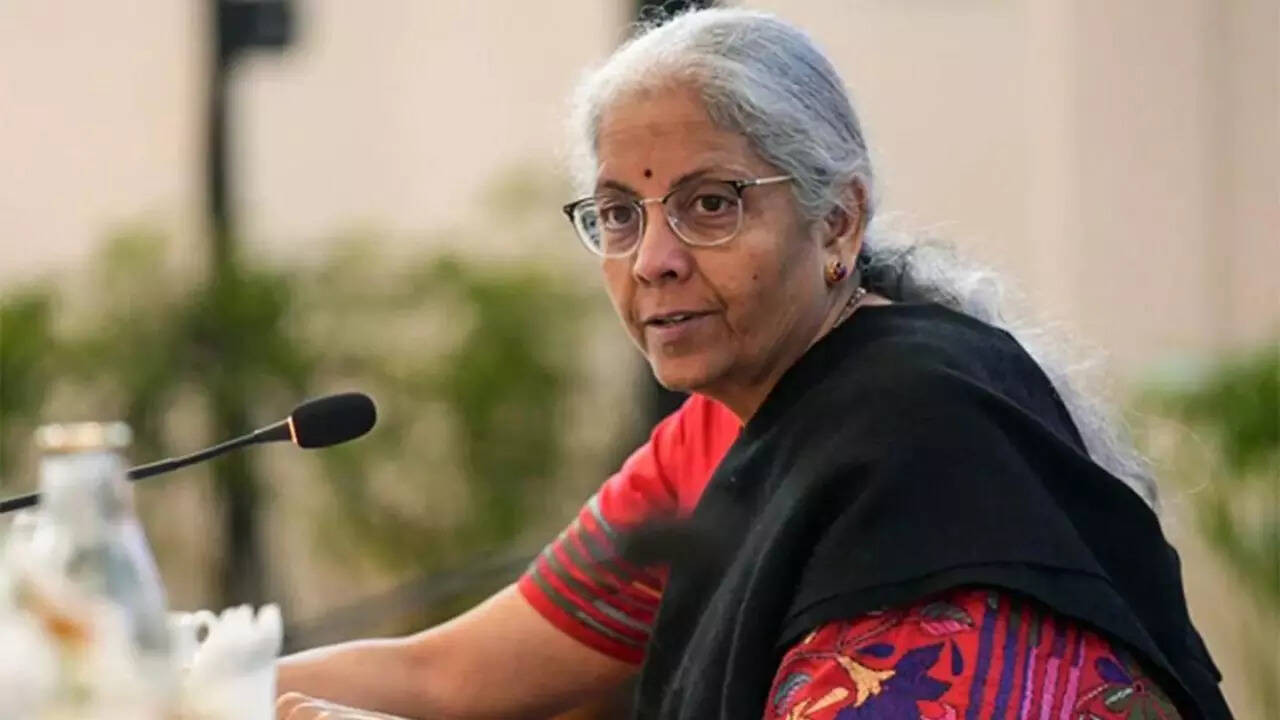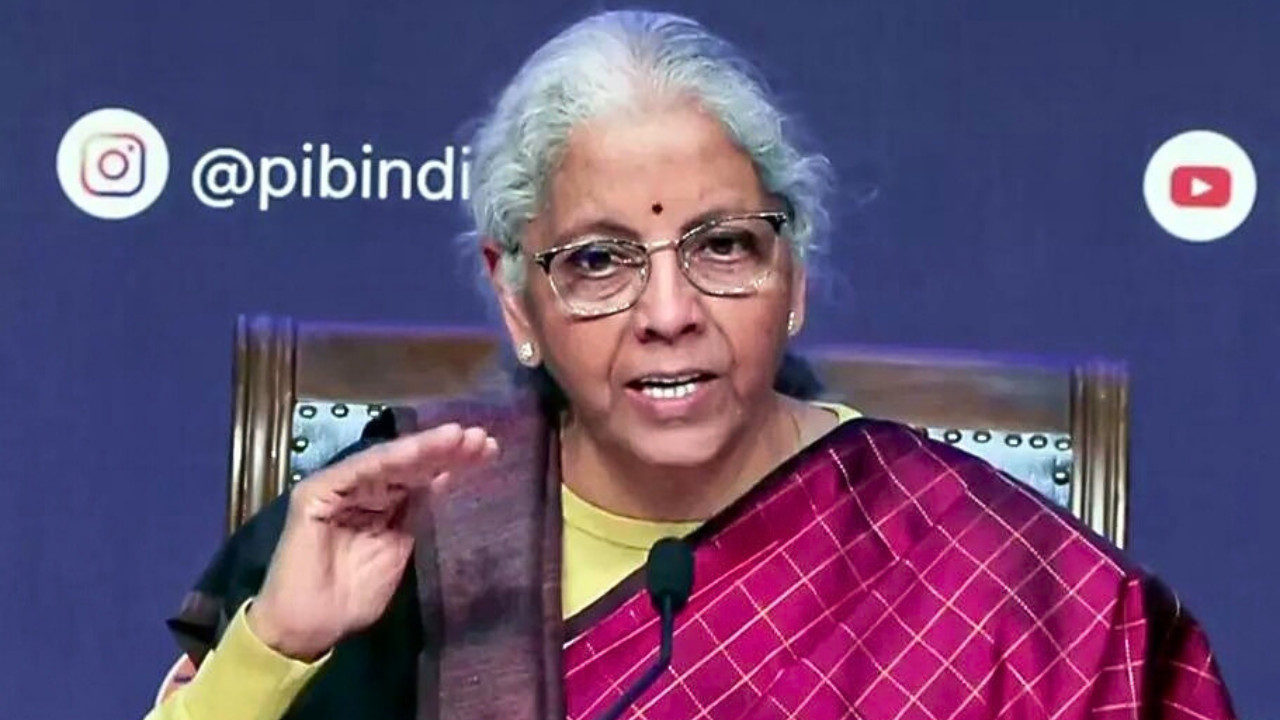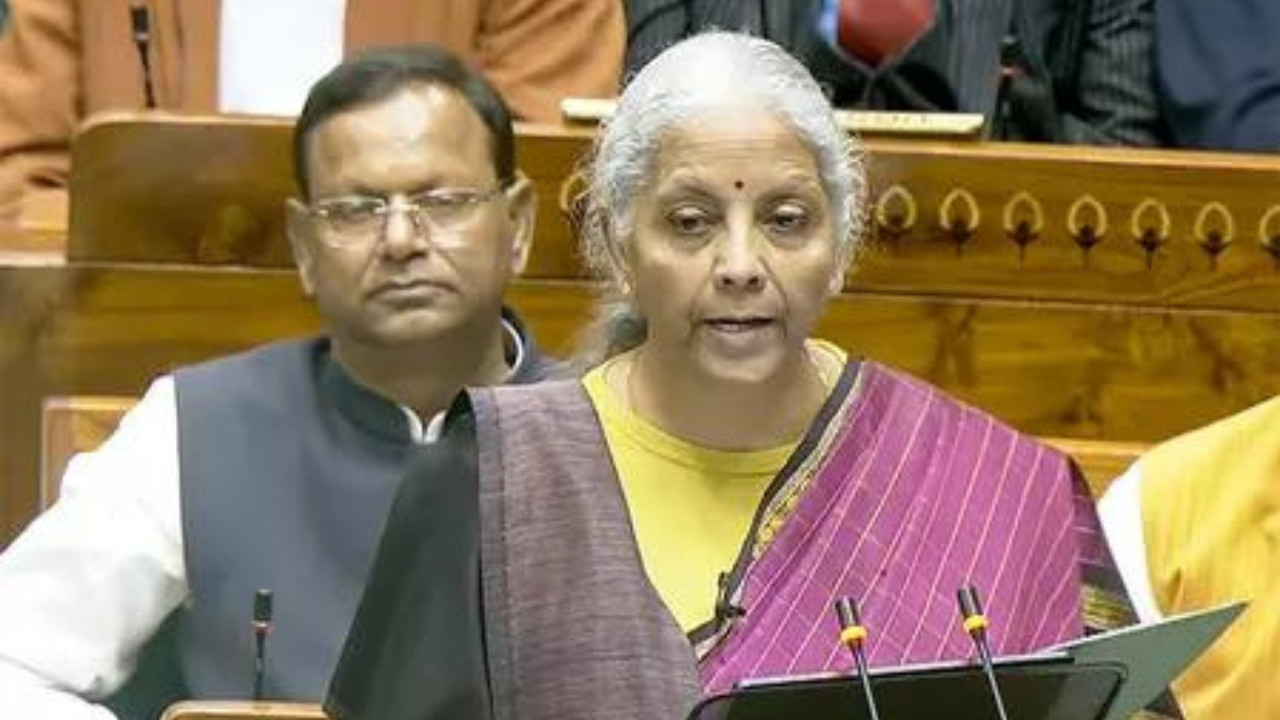British Airways is significantly expanding its operations in India, its largest market outside the US, with a 25% capacity increase since pre-pandemic levels. The airline will reintroduce first-class service on the Mumbai-London route and aims to capitalize on cargo opportunities arising from the proposed India-UK FTA.
British Airways Bets Big on India: Could Your Next Parcel Be Soaring on a BA Jet?
Okay, let’s talk about something that might actually affect your life, even if you haven’t booked a flight to London lately. British Airways, that iconic airline, is making some seriously interesting moves in India, and it’s not just about packing more tourists onto red-eye flights. They’re eyeing a much bigger slice of the pie – cargo.
For years, BA has been a familiar name connecting India to the UK and beyond, but their recent announcements suggest they’re ready to go all-in on the Indian market. Now, the whisper on the wind (or more accurately, emanating from Heathrow HQ) is that they’re planning a significant expansion of their operations, with a particular focus on cargo transportation.
Why the sudden surge of interest? Well, the answer is multi-layered and, frankly, pretty shrewd.
First, let’s address the obvious: India’s economy is booming. We’re talking about a country with a rapidly growing middle class, increasing disposable income, and a vibrant export sector. This translates directly into a bigger market for air travel, both passenger and cargo. BA isn’t just noticing this growth, they’re clearly positioning themselves to capitalize on it.
But there’s another, even juicier element to the story: the impending India-UK Free Trade Agreement (FTA). This agreement, which has been in the works for quite some time, promises to slash tariffs and streamline trade between the two nations. For BA, this is like striking gold. Lower trade barriers mean a surge in demand for efficient and reliable cargo services. Suddenly, shipping textiles, pharmaceuticals, or tech components between Mumbai and Manchester becomes a whole lot easier (and cheaper!).
Imagine this: the locally produced organic cotton shirt you just ordered from a sustainable brand in Jaipur could soon be whisked across continents on a British Airways cargo plane, arriving at your doorstep faster and more affordably than ever before. That’s the potential impact of this FTA, and BA is clearly determined to be a major player in making that happen.
What does this expansion actually look like? While the details are still unfolding, we can expect to see increased flight frequencies, potentially new routes connecting more Indian cities to the UK, and significant investment in cargo infrastructure. Think bigger warehouses at Indian airports, specialized handling equipment, and even potentially dedicated freighter aircraft operating between the two countries.
Now, while BA is undoubtedly excited about the cargo opportunities, it’s important to remember that passenger travel remains a crucial part of their business model. After all, India is a massive source of tourists, students, and business travelers heading to the UK and beyond. Increased cargo capacity often goes hand-in-hand with increased passenger capacity, so we might also see larger aircraft being deployed on these routes, offering more seats and potentially lower fares (although, let’s not get our hopes too high on that last one!).
But let’s be real, there are challenges ahead. The Indian aviation market is fiercely competitive, with both domestic and international airlines vying for market share. BA will have to contend with established players like Air India (which, under Tata ownership, is undergoing its own ambitious expansion), IndiGo, and Emirates.
Furthermore, infrastructure bottlenecks at Indian airports can be a major headache. Congestion, limited cargo handling facilities, and bureaucratic hurdles can all slow down the flow of goods. BA will need to work closely with airport authorities and government agencies to navigate these challenges and ensure smooth operations.
Despite these hurdles, the long-term outlook for British Airways in India is undeniably positive. The combination of a booming economy, a favorable trade agreement, and BA’s own brand recognition and global network creates a powerful recipe for success.
So, the next time you see a British Airways plane soaring overhead, remember that it’s not just carrying passengers. It could also be carrying the future of India-UK trade, one carefully packed box at a time. And that’s something worth paying attention to.
📬 Stay informed — follow us for more insightful updates!







